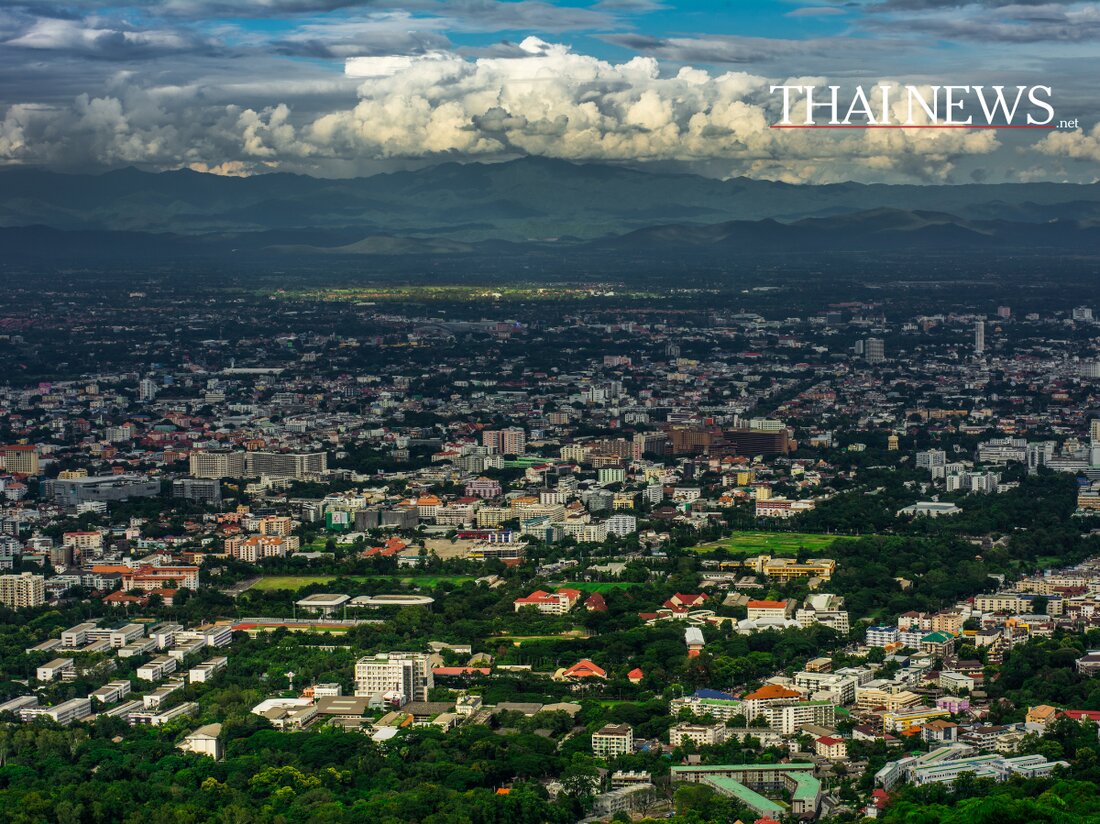Environmentalist warns: Thai-US MOU on rare earths endangers nature!
Associate Professor Dr. Wan Wiriya from Chiang Mai criticizes the Thai-US MOU on rare earths over environmental risks.

Environmentalist warns: Thai-US MOU on rare earths endangers nature!
There are some exciting developments in Chiang Mai today that have politicians, environmentalists and the general public excited. Associate Professor Dr. Wan Wiriya, deputy director of Chiang Mai University's Environmental Science Research Center, has vehemently opposed the recently signed Thai-US Memorandum of Understanding (MOU) on rare earths. Dr. Waniya sees the MOU as risky and unnecessary as it harbors hidden agendas and a lack of transparency that could have serious consequences for the environment.
What exactly is the problem? Dr. Wan emphasizes that Thailand is unsuitable for mining investments, particularly rare earths. A major risk is the possible environmental damage that could affect water, soil and air. This puts Thailand's strengths - tourism, culture and soft power - at risk. Instead of relying on mining projects, the government should focus on sustainable economic opportunities.
An alarming example of the potential environmental damage is the contamination of rivers in Myanmar caused by mining activities. The Kok, Sai, Ruak and Mekong rivers are particularly affected, which also affects residents in Chiang Mai and Chiang Rai. Despite the repeated warnings and concerns of Dr. To date, there have been no effective restructuring measures taken by the Thai government.
A call for rethinking
The criticism from Dr. Wan also takes aim at the government's decision to sign a MOU on rare earths with the United States while ignoring cross-border environmental damage. It is a clear indication that political decisions are not always made in the best interests of the population and the environment.
A look at similar topics shows that a rethinking of mining is needed worldwide. The Federal Environment Agency has already made recommendations for realigning the legal model in mining. The focus should be more on environmental and resource-saving practices in order to ensure the quality of life of future generations. These reforms are also important for Thailand to protect its own environment.
Given these facts, it is clear that the challenges in mining and the associated environmental damage are complex, and solutions require a comprehensive dialogue between government and academia. Dr. Wan is therefore calling for a rethink of mining ambitions and calling on the government to finally take action.
A central question emerges in this debate: Is Thailand ready to take the step towards a sustainable future, or will the country continue to be blinded by the dangers of short-term economic gains?

 Suche
Suche
 Mein Konto
Mein Konto
